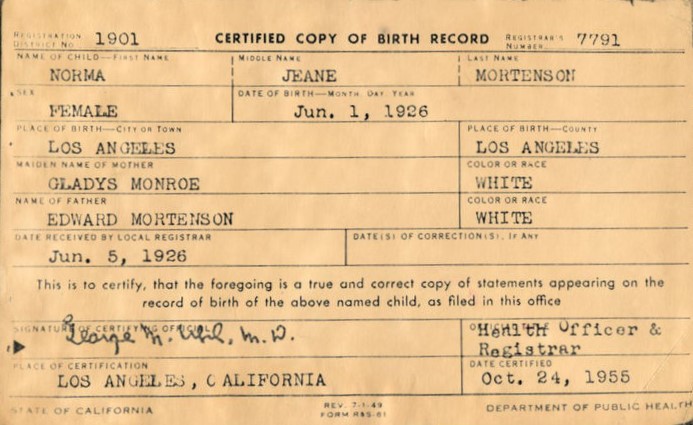
A little time spent now can save hours of work later.Imagine the scene – you have been researching your family history for years, and you finally share it with a member of your family, who turns around and says “but John did not marry Jane, he married Elizabeth!” OK so now what do you do? How do you prove that John married Jane? Where did you find that piece of information? Was it from physical evidence (birth/marriage certificate, census return) or did someone tell you, in which case who told you and when? If only you had spent 2 or 3 minutes noting down where you had found that important piece of information you would be able to quickly prove your information, instead you spend days trying to find it again. You might be lucky, if the information was on a certificate you purchased, it is just a case of finding it otherwise you have to start your research again.You may think that this will never happen to you – but can you be sure? It has happened to me on several occasions; fortunately I had referenced my sources and could quickly prove the details of the marriage whereas my detractors only had it as a family story. One spent weeks trying to prove me wrong, but to no avail.
It is so easy to do.
There are no right or wrong ways to reference your sources. Academics generally use a version of the Harvard Referencing, but there is no overall system for genealogical records, and different organisations will use slightly different systems. The main thing to remember is that it should help you (or someone else) to find that record again.An easy citation will include:
- The type of record – BMD registration index/certificate, Census return, diary, audio/written interview with Uncle Joseph etc.
- Place the event took place.
- The date or year of the record/interview.
- Name of the main person – child, married couple (give both names) etc. For census returns you can either give the Head of the family, but if your ancestor is a lodger then give his/her name.
- Any reference number for the record – archive reference, GRO reference for indexes, Census reference and enumeration district & page number.
- Location of record – name of the Archive Office, website, of if held privately then by whom.
- Date accessed – although most people only use this for websites as they can change over time, although it is also useful for interviews.
(E.G. Marriage Index. RD: Islington, Middlesex. March Qtr. 1876 WIEDHOFFT, Frederick Augustus & HUNTSMAN, Emma. Vol. 1b. p. 456. Available online: www.freebmd.org.uk Accessed 17 Oct 2012 )If you hold copies of some of your records then you will also need a simple but effective filing system, so you can quickly and easily find the record you are looking for – not just in an old shoe box with piles of other documents. Relying on website addresses and online citations only is not recommended. What happens if the website closes, or the page address is changed? Believe me that happens more frequently than you may imagine! Genealogical websites may create a citation for you, but always read it before blindly accepting it. Does it make sense? Would someone with no knowledge of that site, understand where to look? If the record is on a website such as Ancestry, FindMyPast or FamilySearch etc., make sure that the citation includes the location where they accessed the original. Be careful though as sometimes Ancestry will cite The Latter-day Saints (FamilySearch) as being the source as shown below.Does this citation really tell you how to find the document again or even what location or ancestor it relates to? “1881 England Census, Class: RG11; Piece: 4909; Folio: 79; Page: 40; GSU roll: 1342181. Online publication - Provo, UT, USA: The Generations Network, Inc., 2004. 1881 British Isles Census Index provided by The Church of Jesus Christ of Latter-day Saints © Copyright 1999 Intellectual Reserve, Inc. All rights reserved.” The citation below is more useful in the long term. 1881 Census, England, Stranton, Durham, Thomas ROBINSON, RG11; Piece: 4909; Folio: 79; Page: 40. The National Archives, London via www.ancestry.co.uk (accessed 8 September 2015) This topic may sound familiar - AncestorCloud has even had other recent blog posts that discuss the topic by Ericka Grizzard and Rachel Silverman. So, why have another post about this topic? It is one of the most important things you can do to have respected and high quality genealogy research, that can benefit future generations.Remembering to reference your sources may be a pain, but it is better than the hurt and tears you or your descendants may suffer if you don’t.




